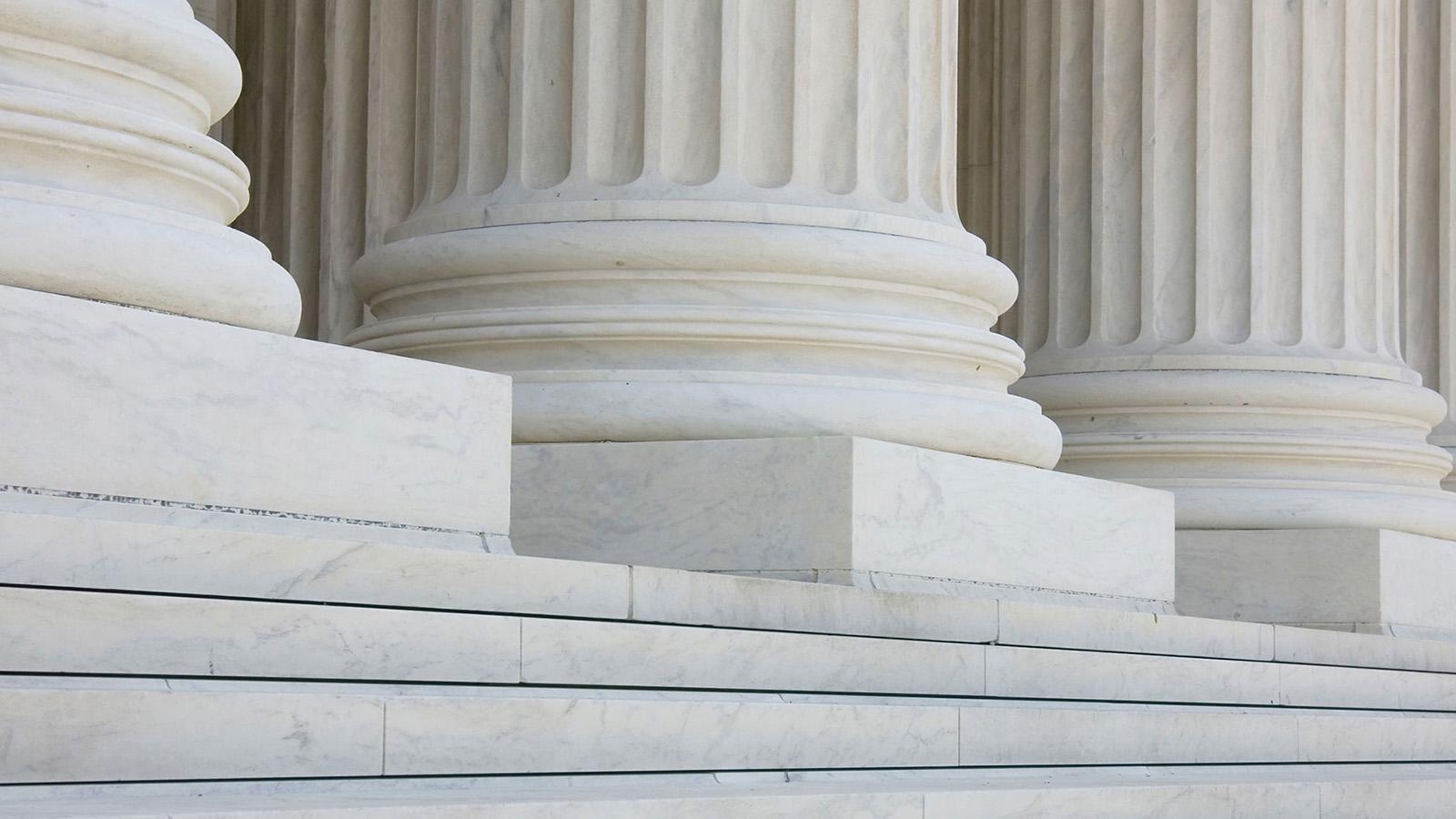U.S. Supreme Court Overrules Physical Presence Nexus Standard
Related
Never miss a thing.
Sign up to receive our insights newsletter.

On June 21, 2018, the U.S. Supreme Court issued its decision in South Dakota v. Wayfair, Inc., dramatically altering the sales and use tax nexus landscape.
In a 5-4 decision authored by Justice Kennedy, the Court overruled the current sales tax nexus physical presence standard established by National Bellas Hess, Inc., v. Department of Revenue of the State of Illinois (1967) and Quill Corp. v. North Dakota (1992). Quill and National Bellas Hess previously established that a retailer must have a physical presence in a state in order to meet the substantial nexus requirement set out in Complete Auto Transit, Inc. v. Brady (1977).
The challenge against Quill and National Bellas Hess originated when South Dakota enacted legislation in 2016 (SB 106). This law requires that any seller selling tangible personal property, products transferred electronically or services for delivery into South Dakota is required to collect sales tax if its sales exceed $100,000 or the seller has 200 or more separate transactions in the state, regardless of whether it has a physical presence. The law was struck down in March 2017 by a South Dakota Circuit Court, and later affirmed by the South Dakota Supreme Court. An appeal to the U.S. Supreme Court was filed and the Court agreed to hear the case.
In Wayfair, the Court held that the taxpayers in question had substantial nexus with South Dakota due to the volume of sales made into the state. Although the Court clearly rejected the physical presence standard, it only held that SB 106 satisfies the substantial nexus requirement of Complete Auto. The Court left open on remand whether the law satisfies the other prongs of Complete Auto which include whether the tax discriminates against interstate commerce, is fairly apportioned, or is fairly related to services provided by the state.
There are over a dozen states other than South Dakota who have already passed similar laws modeled after South Dakota SB 106. In addition, we can also be certain more states will introduce and pass similar legislation in the near future. The question now is will these states begin collection enforcement immediately or wait for further developments from the South Dakota Supreme Court on whether SB 106 satisfies the remaining Commerce Clause principles.
Companies need to evaluate their business connections across the United States and give consideration to the new compliance burdens they will face, such as requirements for registration, collection and remittance, and reporting.
Weaver’s State and Local Tax team can help you develop a road map to achieve long-term compliance and tax minimization in this new environment.
For questions about these law changes or other state and local tax matters, please contact us.